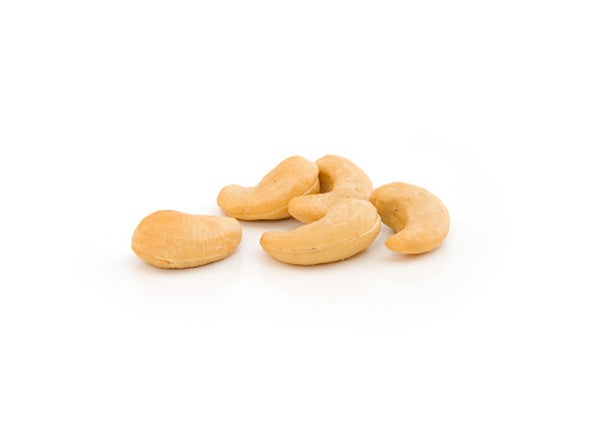Veggie Tales

Vegetarians need to pay special attention to getting enough of the following nutrients:
Calcium
This nutrient helps build and maintain bone. “Vegetarians should strive for the recommended daily allowance (RDA) of 800 to 1200 mg/day of calcium,” says Suzanne Havala Hobbs, author of Being Vegetarian for Dummies (John Wiley & Sons Inc., 2001) and Vegetarian Cooking for Dummies (John While & Sons Inc., 2001). This usually isn’t difficult for lacto-ovo vegetarians (non-meat eaters), but vegans (non-animal or fish product eaters) need to eat large servings of calcium-rich foods like collard greens and kale, in addition to drinking fortified soymilk and calcium-fortified orange juice.
Vitamin B12 – Vegans in particular may not be getting enough B12, which helps form red blood cells. Because it’s found in animal products, vegetarians need to look elsewhere for this vitamin. Take a supplement and eat B12 fortified foods like cereals or Red Star Nutritional Yeast.
Iron
Women are prone to low iron levels because of blood lost through monthly menstruation. Cardiovascular exercise can further decrease iron levels, making female athletes particularly at risk for iron-deficient anemia. Iron is a transporter that helps deliver oxygen to all the cells in the body. If you don’t have enough iron, you won’t have enough energy. Although the primary source is red meat, other sources include: blackstrap molasses, broccoli, raisins, spinach, chickpeas and pinto beans. Eating foods high in vitamin C at the same time will help your body absorb iron.
Protein
If you want to build muscle, you need protein. But that doesn’t mean you need to get your protein from meat. Good sources of non-meat protein include: cheese, yogurt, milk, eggs, beans, nuts, tofu, chickpeas, peanut butter and soy products. Your body can’t distinguish between animal and non-animal protein so a gram of protein from tofu is just as effective at muscle repair as a gram of protein from chicken.
Some people can go cold turkey and simply give up meat entirely. Others find it easier to ease into vegetarianism by gradually reducing the amount of meat they currently consume. A serving of meat is about the size of a pack of playing cards, but most people eat far more than this at a sitting. Start serving yourself smaller amounts and, when dining out, only eat a portion of the meat on your plate.
And remember, you don’t have to give up all meat to reap the health benefits of a vegetarian diet. Dietary changes are more likely to succeed if they’re gradual and non-extreme. Do what’s right for you, your beliefs, your lifestyle and your taste buds.